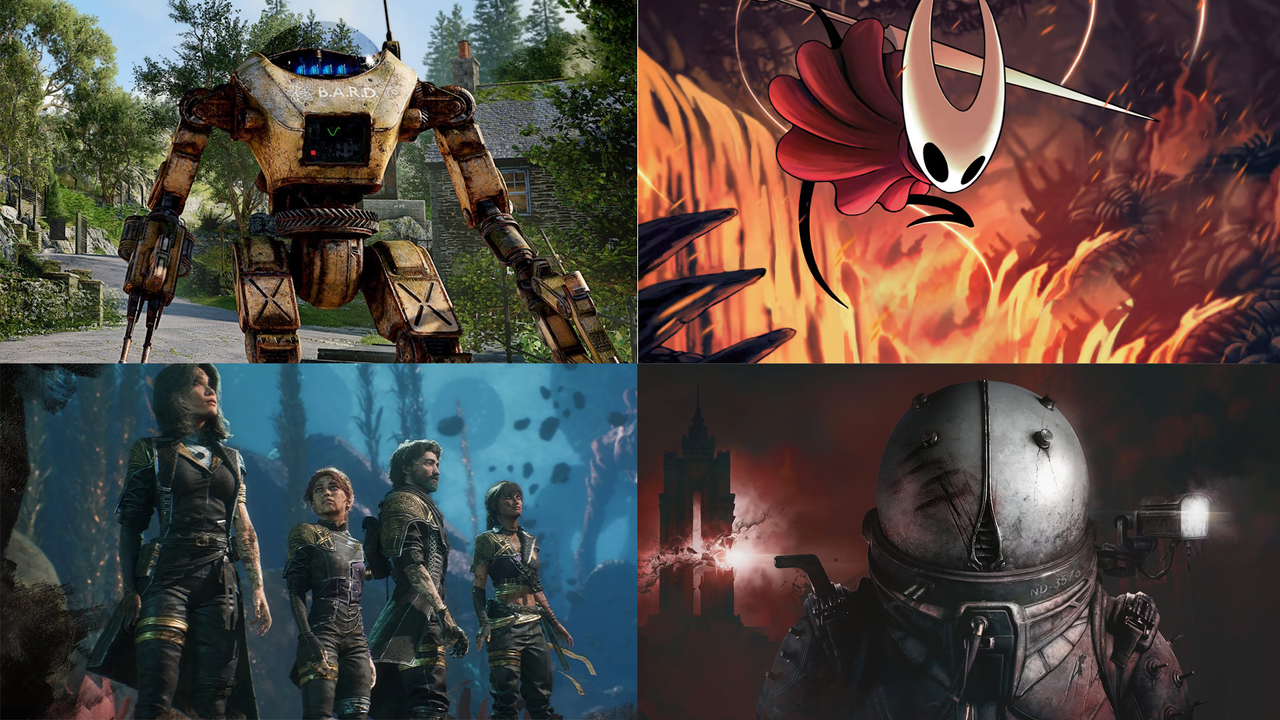
Xbox now has a ‘History’ feature that shows you a list of the games you’ve played recently, across all your Xbox devices. This list is organized by when you last launched each game, making it easy to pick up where you left off on either your Xbox console or PC.
I’ve been testing this new feature for a few weeks now, and I’ve found something noteworthy: almost all of the games it’s logged are from smaller, independent developers.
2025 was a fantastic year for gaming, with many titles finally releasing after being delayed by the pandemic and other issues. I was particularly impressed by the strong showing from independent game developers this year.
The word “indie” can mean different things, especially when talking about games. Here, I’m using it to describe studios that are completely self-owned and don’t answer to large publishers like PlayStation, Microsoft, or Electronic Arts. While some independent studios partner with these big companies to publish their games, many choose to publish on their own through platforms like Steam or Microsoft’s ID@Xbox program.
I’ve noticed I’m enjoying fewer and fewer games from the biggest publishers lately. It’s hard to say why – maybe my tastes have changed, the games aren’t as well-made as they used to be, or maybe developers and publishers just have different ideas about what makes a good game and what’s worth investing in.
I can only share my own thoughts, but I’m wondering if anyone else has been feeling the same way about how game development is going lately.
AAA publishers have dropped off, or … maybe I’m old
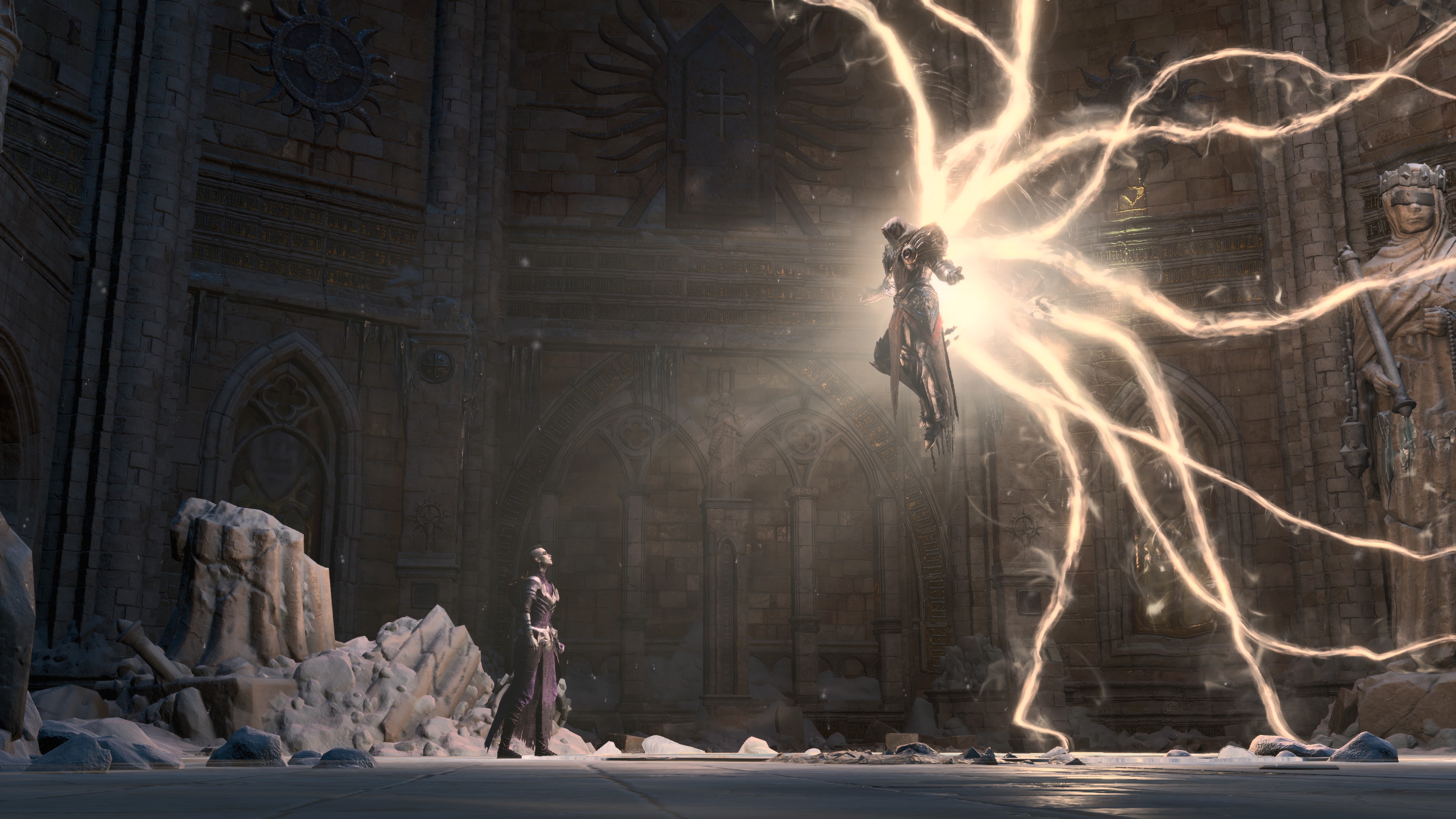
Everyone has different tastes in games, and that’s perfectly normal. However, recently there’s been a lot more attention and criticism focused on the actions of big-name game companies.
Look, it’s not like EA being criticized is *new* – they’ve won ‘Worst Company’ awards for years, and companies like Activision and Ubisoft have had their share of problems too. But what feels different now is that we actually have great options *besides* the big AAA publishers. Steam has always been good for finding indie games on PC, but now, with programs like ID@Xbox and similar initiatives on other consoles, we’re seeing a ton of amazing indie games available on consoles too. It’s a really good time to be a gamer because you don’t *have* to rely on the big guys anymore!
This year, I unexpectedly spent a lot of time – hundreds of hours, in fact – playing games from smaller, independent developers, rather than big-name publishers. Some examples include WH40K: Rogue Trader, The Alters, Cult of the Lamb, Factorio, Frostpunk 2, Cronos: The New Dawn, Expedition 33, Atomfall, Wuchang: Fallen Feathers, and the recently popular Hollow Knight Silksong.
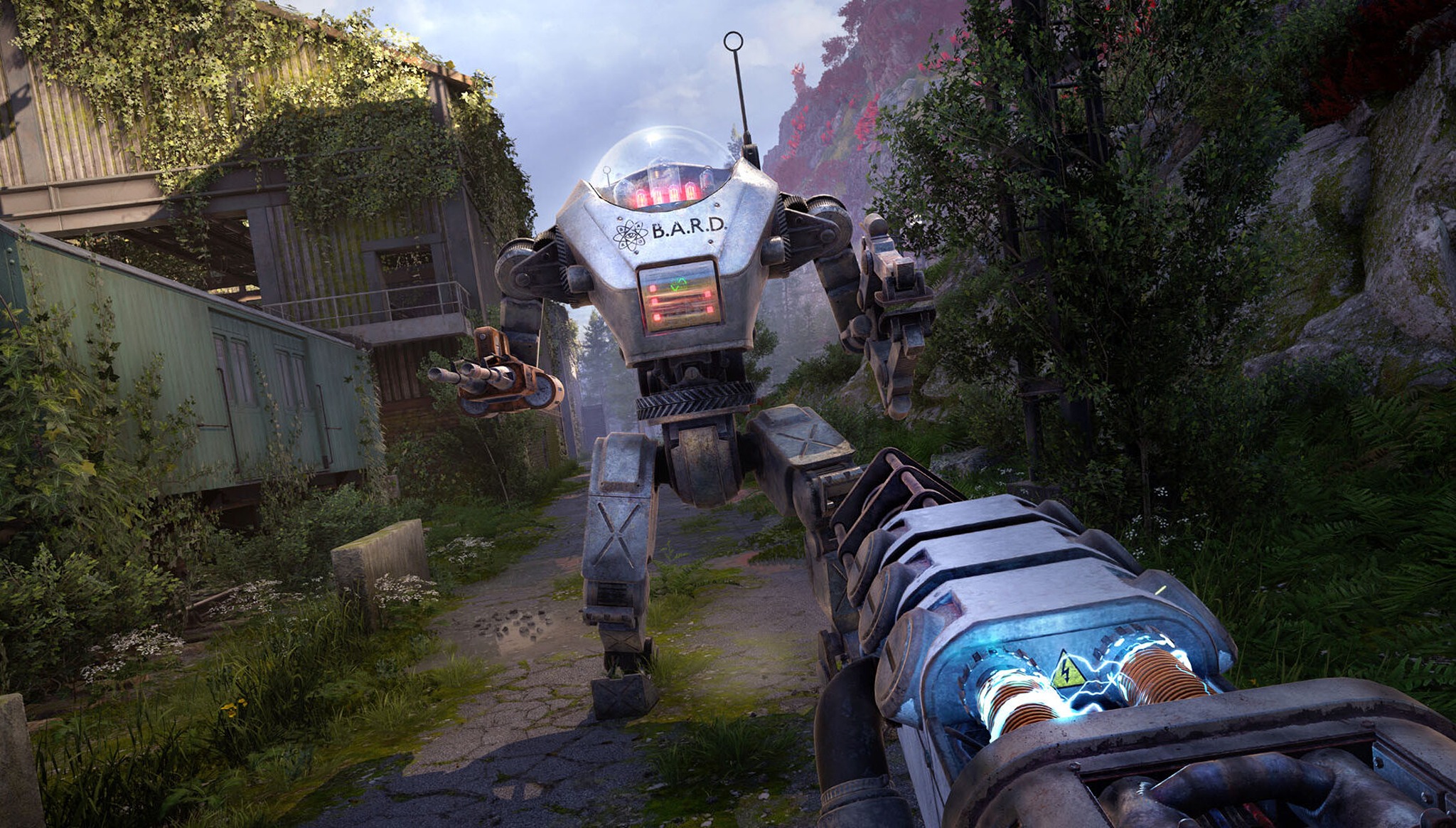
I have a long and growing list of games I want to play, including titles like Hell is Us, Grit and Valor, Songs of Silence, Blue Prince, Satisfactory, STALKER 2, and Palworld. There are also a lot of exciting independent games reaching the same quality level as major releases – Black Myth Wukong, Dying Light: The Beast, and Kingdom Come Deliverance II are great examples, and I’d add Cronos and Wuchang to that list as well.
Interestingly, some of the most popular games released by major publishers were actually developed by independent studios, like Death Stranding 2 by Kojima Productions and Helldivers 2 on Xbox from Arrowhead. We’ve also seen successes with titles like DOOM: The Dark Ages and Borderlands 4, both of which performed well commercially, though the latter faced some criticism. We’ll discuss that situation shortly.
People might question what really defines an “indie” game, especially since a few of the games mentioned had some involvement from smaller publishers. However, for me, the key thing is that these games feel creative because they come from studios that aren’t controlled by huge, publicly owned companies.
Generally speaking, it seems like large corporations have become less creative and less willing to take chances. Is that really the case?
AAA increasingly dilutes risk on remakes, repetition, and service games, is creativity dead?
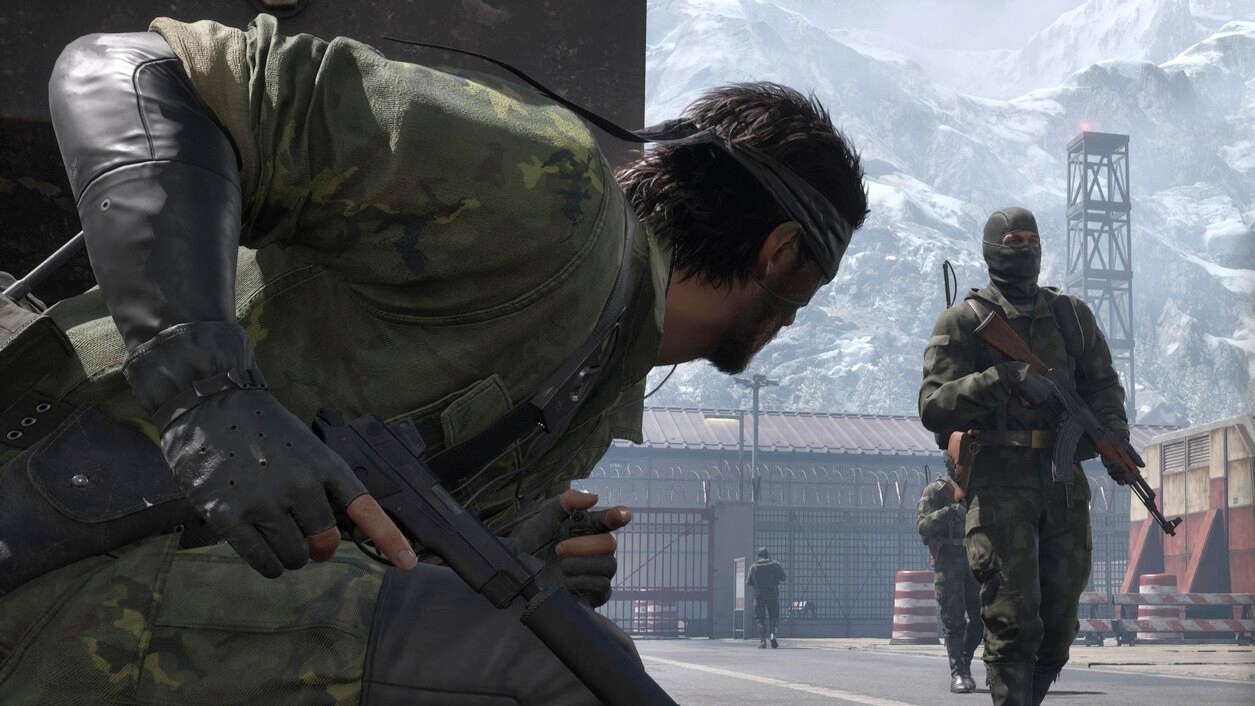
The only big-budget game I’m really excited about for the rest of the year is Battlefield 6, but even that has a major condition attached to it.
It appears ‘Battlefield 6’ is designed to win back players who were disappointed with recent games. ‘Battlefield 2042’ strayed from what made the series popular, possibly to focus more on selling cosmetic items and characters.
You know, greed.
The developers of Battlefield 6 have strongly emphasized that the game’s cosmetic items will fit the game’s world and setting. However, this isn’t just about being generous to players.
It looks like the main focus is shifting towards games and creators who genuinely prioritize players, instead of just profits for investors.
The recent negative reaction to skins in a popular game, Call of Duty, is causing concern. Many players found the designs to be poorly done and disrespectful to military themes. This has created an opportunity for Battlefield 6 to attract some of Call of Duty’s players, and Activision has responded by promising to improve the quality and tone of future in-game cosmetic items.
Look, I get it – running a live service game costs a *lot* of money, so it makes total sense for companies to want a solid business plan and keep things going with updates. Developers absolutely deserve to be compensated for their work! But honestly, focusing *only* on getting a few big spenders to drop cash on cosmetic items feels like a really short-sighted strategy. It risks alienating the dedicated players who actually *built* the game’s community in the first place. If you lose that core audience, you’ll eventually lose the whales too. And I’m seeing more and more players like me actively seeking out games and developers who clearly prioritize making a great experience *for us* – the players – instead of just chasing profits for shareholders.
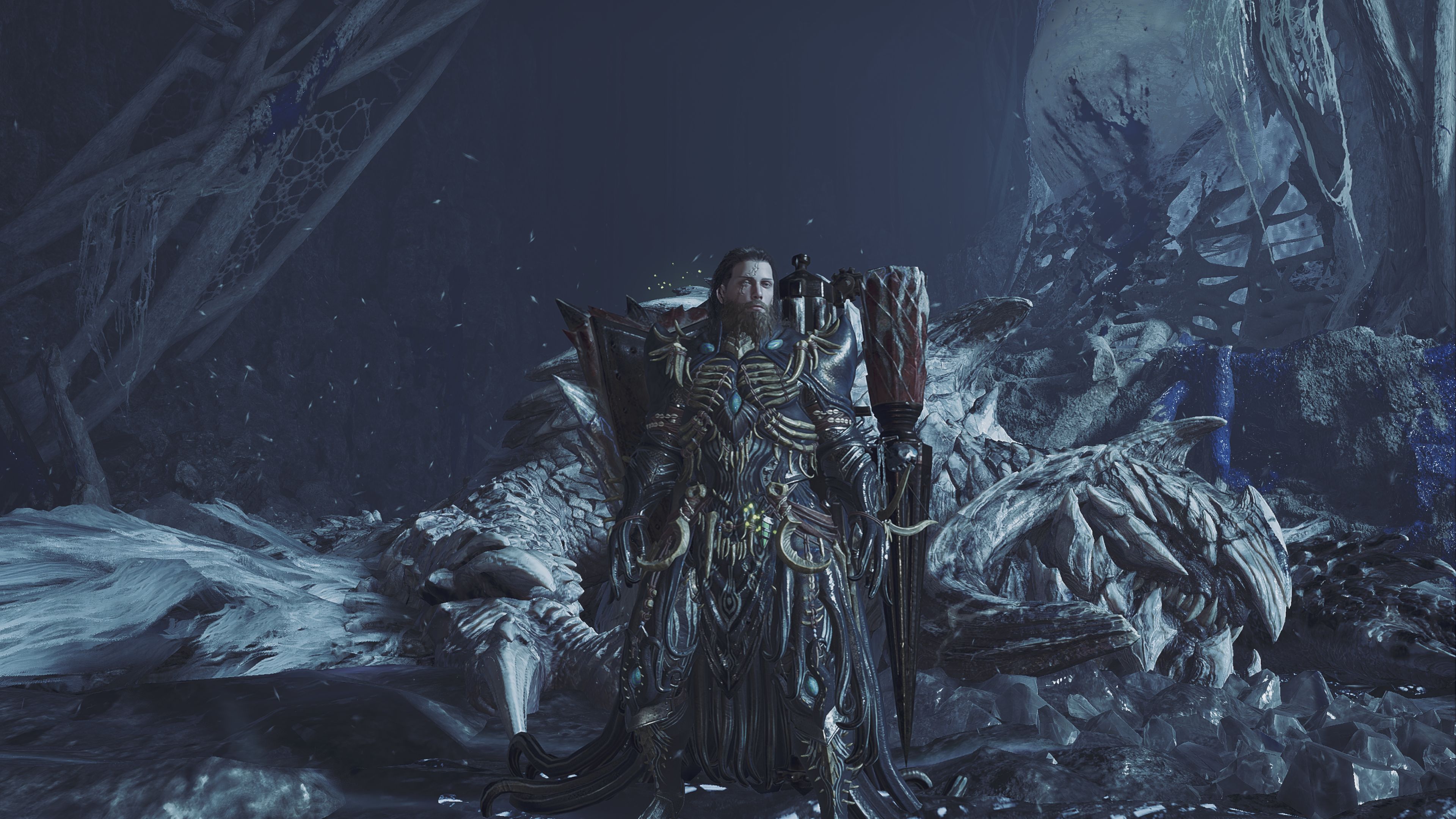
Monster Hunter Wilds is a recent example of a major game sacrificing quality for sales. Capcom, known for challenging games, made Wilds surprisingly easy, likely to appeal to more players. However, this simplification ultimately hurt the game’s long-term appeal and relevance. Capcom admitted player engagement with Wilds was lower than expected, with many fans sticking with the previous installment. The issue isn’t just with the gameplay itself, though.
Several recent game releases, including Monster Hunter Wilds and Borderlands 4, faced criticism for technical problems and poor performance. While Hollow Knight: Silksong took a long time to develop, it ultimately launched as a polished, full-featured game and became a huge indie success. In contrast, Wilds, Borderlands 4, and other titles rushed their releases to meet financial goals, which ultimately hurt the quality and reputation of those franchises.
I’ve noticed a trend with many indie games this year: they’re surprisingly refined. While they often cost less to develop and their simpler designs can make polishing easier, that simplicity might actually be a good thing. Just look at Nintendo – they prioritize fun and imagination over realistic graphics. And Roblox, despite its outdated visuals, is hugely popular. Some of the most successful games lately haven’t relied on fancy technology or graphics, proving that gameplay is what truly matters.
Even with limited resources, independent developers are now creating games with graphics comparable to those of major, big-budget titles. For example, the game Cronos: The New Dawn cost $27 million to develop and boasts visuals just as stunning as other popular horror games.
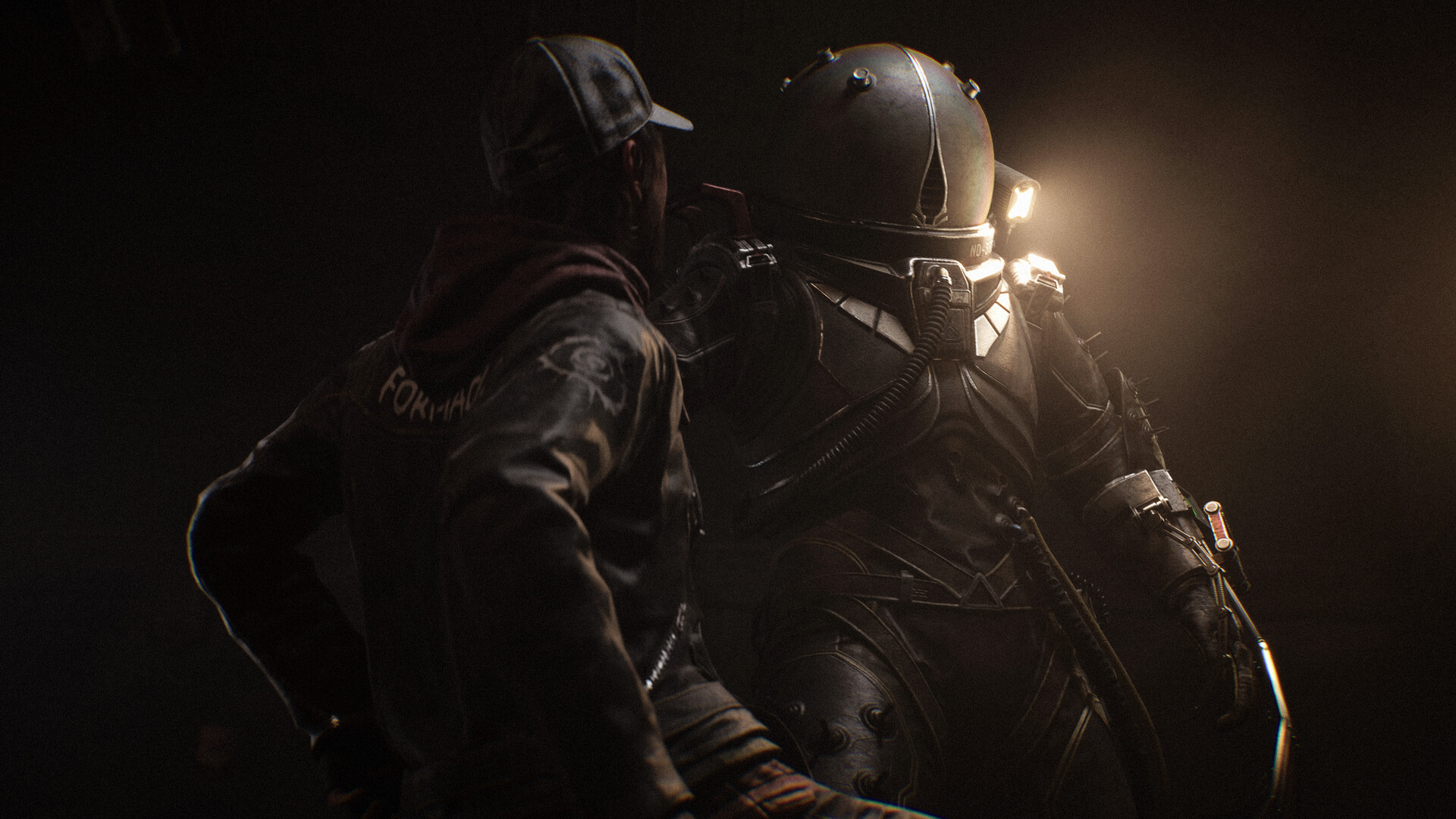
I’ve noticed a real lack of creativity from many big game publishers lately. It seems they’re playing it safe, sticking to what they know and frequently releasing remakes, probably to reassure their investors and avoid financial risks.
Expedition 33, a critically acclaimed indie RPG with a unique Japanese aesthetic, was created by Guillaume Broche, a former producer at Ubisoft, and a team of experienced game developers. It’s interesting to imagine this game being made at Ubisoft, but the company hasn’t taken a significant creative risk in years, having spent considerable resources on popular trends like battle royale and even attempting to compete with Call of Duty – all without much success.
It often feels like publishers such as EA and Ubisoft prioritize profits over innovation, potentially driving away talented developers who could create truly exceptional games. The recent Dragon Age: The Veilguard, for example, didn’t live up to the high standards of previous games in the series, raising concerns about the future of BioWare. However, games like Apex Legends and EA FC are incredibly profitable through ongoing service models and microtransactions, and that’s ultimately where these companies seem to be focusing their efforts.
Maybe I’m just not the target audience anymore, and that’s fine
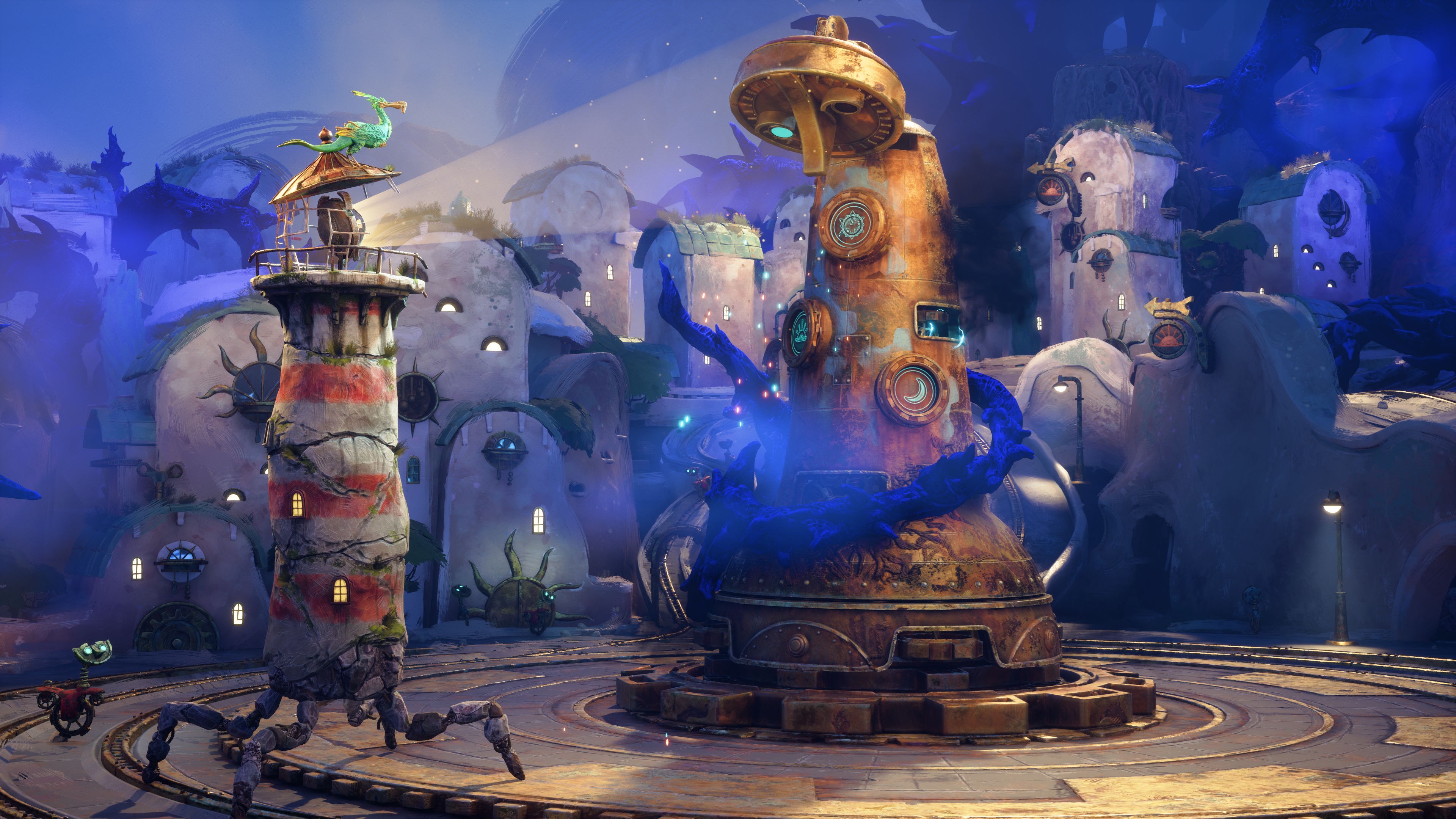
Despite my criticisms of large game publishers, there’s positive news to share. PlayStation, Microsoft, and Nintendo, who own the platforms games are played on, appear more willing to invest in creative and unusual projects than many other companies. Microsoft, for example, has supported a range of smaller, artistic games like Towerborne, Pentiment, and the upcoming Keeper, and its ID@Xbox program has provided billions of dollars in funding for independent developers. However, Microsoft has also cancelled several projects, including Perfect Dark and Scalebound, despite their potential.
Hideki Kamiya, the director of the cancelled game Scalebound, believes the project might have succeeded with a Japanese publisher willing to take more chances. He still accepts responsibility for its failure, though. It’s interesting to note that many innovative games, both large and small, are now coming out of Asia. We’re seeing this with titles like Ninja Gaiden 4 from Microsoft, Capcom’s Onimusha and Resident Evil Requiem, and Square Enix’s willingness to explore unique ideas in games like Octopath Traveler and Triangle Strategy – not to mention huge successes like Elden Ring.
Western game publishers seem to be focusing on safe bets these days – remakes, sequels, and games people already know. When they *do* try to create completely new, large-scale games in a more classic style, the results often disappoint, as seen with titles like Starfield and the newest Dragon Age.
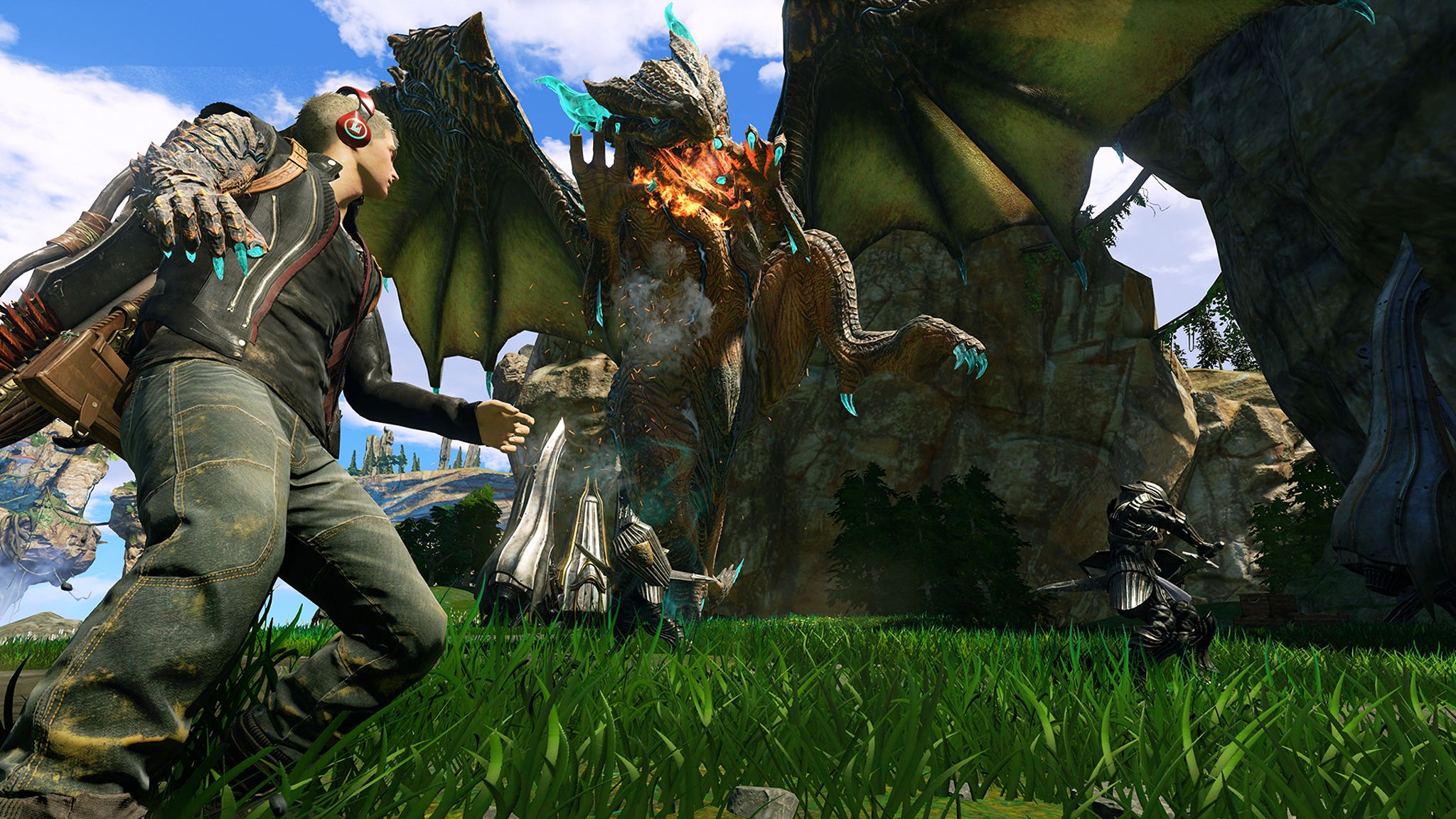
It’s unclear why this keeps occurring, but it seems publicly traded game companies are now less likely to spend extra time and money improving quality if it means delaying a game’s release, especially without consistent revenue streams from things like microtransactions.
It might not be a problem after all. Many developers my age are starting to create the games *we* actually want, independently. If big companies like EA and Ubisoft aren’t focusing on games for people like us, that’s okay – there’s a growing number of excellent independent studios stepping up to make them.
Major publishers primarily focus on immediate profits and what investors want, often ignoring what makes games good. This lack of passion hasn’t gone unnoticed by players.
It seems like whenever a highly anticipated game falls short or gets cancelled, another developer is ready to step in and offer something similar. If Electronic Arts struggles with the next Mass Effect, Owlcat Games’ The Expanse looks promising. If we never see Fallout 5, Rebellion’s Atomfall 2 might satisfy fans. If Nintendo disappoints with Pokémon, games like Aniimo and Palworld could fill the gap. Even if Microsoft doesn’t approve a sequel to Pillars of Eternity, Larian Games is there to deliver. This pattern of developers rising to the occasion is happening more and more.
It’s becoming more common for independent developers to try and recreate classic gaming experiences that many of us fondly remember, but often without the recognition they deserve. Meanwhile, major publishers seem focused solely on profits and what investors want, often without even playing the games themselves. This has resulted in a loss of personal creativity and connection, something gamers have definitely noticed.
Frequently prioritizing what shareholders want leads to games that don’t live up to their full potential. Companies often rush for quick profits, even if it harms the game’s long-term success.

Stay up-to-date with the latest from Windows Central by following us on Google News! You’ll get all our news, insights, and features right in your feed.
Read More
- How to Get the Bloodfeather Set in Enshrouded
- Gold Rate Forecast
- Uncovering Hidden Order: AI Spots Phase Transitions in Complex Systems
- These Are the 10 Best Stephen King Movies of All Time
- USD JPY PREDICTION
- Auto 9 Upgrade Guide RoboCop Unfinished Business Chips & Boards Guide
- One of the Best EA Games Ever Is Now Less Than $2 for a Limited Time
- Best Werewolf Movies (October 2025)
- 10 Movies That Were Secretly Sequels
- 4 TV Shows To Watch While You Wait for Wednesday Season 3
2025-09-21 21:12